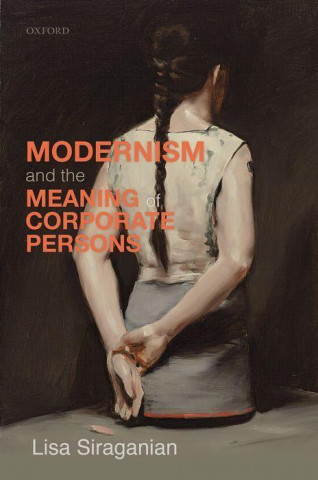
Kód: 33061137
Modernism and the Meaning of Corporate Persons
Long before the US Supreme Court announced that corporate persons freely "speak" with money in Citizens United v. Federal Election Commission (2010), they elaborated the legal fiction of American corporate personhood in Santa Clar ... celý popis
- Jazyk:
 Angličtina
Angličtina - Vazba: Pevná
- Počet stran: 288
Nakladatelství: Oxford University Press, 2020
- Více informací o knize

Mohlo by se vám také líbit
-

Untitled PK
312 Kč -
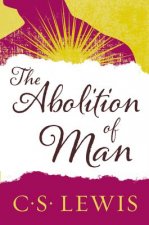
Abolition of Man
347 Kč -
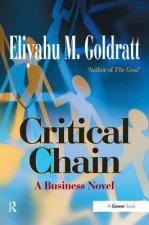
Critical Chain
1161 Kč -

Bloody Monday 1
276 Kč -

Lost Horizon
291 Kč -

Narrative Fiction
5181 Kč -
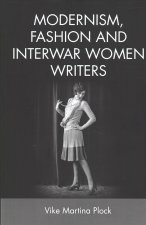
Modernism, Fashion and Interwar Women Writers
1214 Kč -
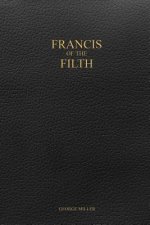
Francis of the Filth
492 Kč -

The Wild Unknown Archetypes Deck and Guidebook
745 Kč -
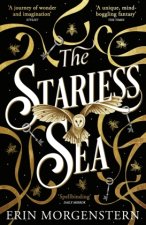
The Starless Sea
290 Kč -

Der Zusammenbruch des Deutschen Reiches 1945. Halbbd.2
1275 Kč -

Finding Ultra
406 Kč -

Segunda Oportunidad
435 Kč -

The story of the Rabbit (Darakwon Korean Readers)
477 Kč
Darujte tuto knihu ještě dnes
- Objednejte knihu a zvolte Zaslat jako dárek.
- Obratem obdržíte darovací poukaz na knihu, který můžete ihned předat obdarovanému.
- Knihu zašleme na adresu obdarovaného, o nic se nestaráte.
Více informací o knize Modernism and the Meaning of Corporate Persons
Nákupem získáte 357 bodů
 Anotace knihy
Anotace knihy
Long before the US Supreme Court announced that corporate persons freely "speak" with money in Citizens United v. Federal Election Commission (2010), they elaborated the legal fiction of American corporate personhood in Santa Clara v. Southern Pacific Railroad (1886). Yet endowing a non-human entity with certain rights exposed a fundamental philosophical question about the possibility of collective intention. That question extended beyond the law and became essential to modern American literature. This volume offers the first multidisciplinary intellectual history of this story of corporate personhood. The possibility that large collective organizations might mean to act like us, like persons, animated a diverse set of American writers, artists, and theorists of the corporation in the first half of the twentieth century, stimulating a revolution of thought on intention. The ambiguous status of corporate intention provoked conflicting theories of meaning—on the relevance (or not) of authorial intention and the interpretation of collective signs or social forms—still debated today. As law struggled with opposing arguments, modernist creative writers and artists grappled with interrelated questions, albeit under different guises and formal procedures. Combining legal analysis of law reviews, treatises, and case law with literary interpretation of short stories, novels, and poems, this volume analyzes legal philosophers including Oliver Wendell Holmes, Jr., Frederic Maitland, Harold Laski, Maurice Wormser, and creative writers such as Theodore Dreiser, Muriel Rukeyser, Gertrude Stein, Charles Reznikoff, F. Scott Fitzgerald, and George Schuyler.
 Parametry knihy
Parametry knihy
3574 Kč
- Plný název: Modernism and the Meaning of Corporate Persons
- Jazyk:
 Angličtina
Angličtina - Vazba: Pevná
- Počet stran: 288
- EAN: 9780198868873
- ISBN: 0198868871
- ID: 33061137
- Nakladatelství: Oxford University Press
- Hmotnost: 604 g
- Rozměry: 165 × 240 × 26 mm
- Datum vydání: 19. November 2020
Oblíbené z jiného soudku
-

Dune
217 Kč -

Haunting Adeline
621 Kč -

Berserk Deluxe Volume 2
1092 Kč -

White Nights
90 Kč -

Powerless
291 Kč -

Atomic Habits
330 Kč -

Dune Messiah
228 Kč -

Berserk Deluxe Volume 3
1142 Kč -

One Day
220 Kč -

Berserk Deluxe Volume 1
1115 Kč -

Iron Flame
356 Kč -

Surrounded by Idiots
213 Kč -

Harry Potter and the Prisoner of Azkaban (Minalima Edition)
993 Kč -

Gravity Falls Journal 3
443 Kč -

Heaven Official's Blessing: Tian Guan Ci Fu (Novel) Vol. 1
440 Kč -

The Creative Act
550 Kč -

Dune
204 Kč -

Hunting Adeline
642 Kč -

A Little Life
267 Kč -

Children of Dune
230 Kč -

Heaven Official's Blessing: Tian Guan Ci Fu (Novel) Vol. 2
426 Kč -

Bungo Stray Dogs, Vol. 8 (light novel)
379 Kč -

Percy Jackson and the Olympians 5 Book Paperback Boxed Set
944 Kč -

Solo Leveling, Vol. 1
441 Kč -
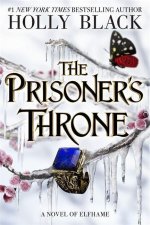
The Prisoner's Throne
247 Kč -

Court of Thorns and Roses
268 Kč -

Cry Baby Coloring Book
276 Kč -
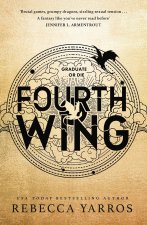
Fourth Wing
405 Kč -

Icebreaker
199 Kč -

Berserk Deluxe Volume 6
1089 Kč -

Avatar, the Last Airbender: The Kyoshi Novels (Box Set)
833 Kč -

The 48 Laws of Power
601 Kč -

House of Leaves
462 Kč -

Twisted Lies
213 Kč -
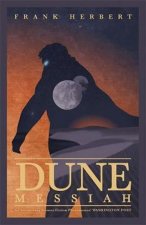
Dune Messiah
277 Kč -

No Longer Human
275 Kč -

48 Laws Of Power
331 Kč -

Twisted Games
213 Kč -

Caraval Paperback Boxed Set
903 Kč -

Solo Leveling, Vol. 2
494 Kč -

Open Circuits
908 Kč -

Berserk Deluxe Volume 5
1119 Kč -

Heaven Official's Blessing: Tian Guan Ci Fu (Novel) Vol. 3
414 Kč -

Berserk Deluxe Volume 4
1292 Kč -

Court of Mist and Fury
206 Kč -

SOLO LEVELING V08
436 Kč -

English File Upper Intermediate Multipack A (4th)
487 Kč -

CHAINSAW MAN V14
251 Kč -

Before the Coffee Gets Cold
184 Kč
Osobní odběr Praha, Brno a 12903 dalších
Copyright ©2008-24 nejlevnejsi-knihy.cz Všechna práva vyhrazenaSoukromíCookies



 Vrácení do měsíce
Vrácení do měsíce 571 999 099 (8-15.30h)
571 999 099 (8-15.30h)